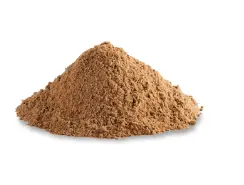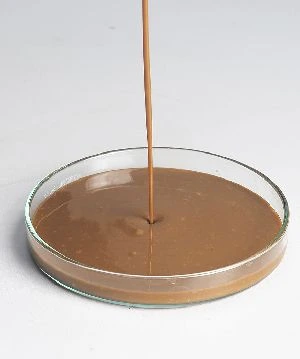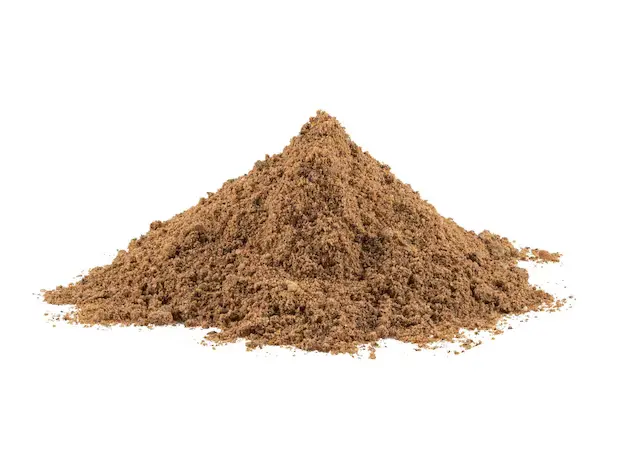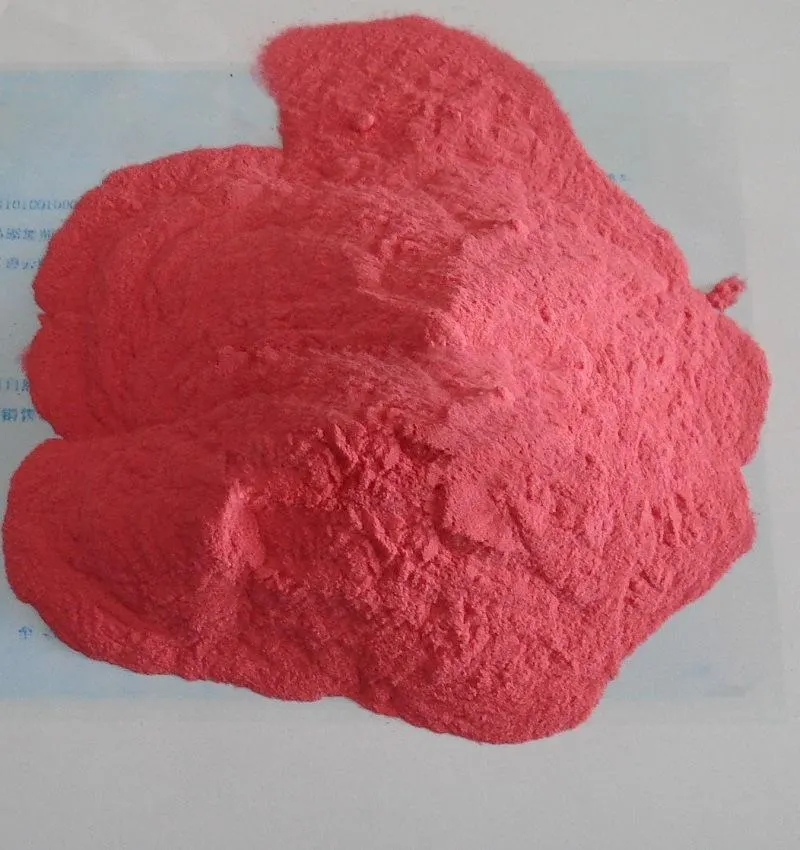Fish Meal (66%) - Peru
|
IUPAC Name |
: - |
|
Cas Number |
: 97675-81-5 |
|
HS Code |
: 2309.90.32 |
|
Formula |
: - |
Basic Info
|
Appearance Name |
: Brown Powder |
|
Common Names |
: Fish Meal |
|
Packaging |
: 50 Kg Bag |





 English
English
 Indonesian
Indonesian
 简体字
简体字
 العربية
العربية
 Español
Español
 Français
Français
 Português
Português
 日本語
日本語
 한국어
한국어
 Tiếng Việt
Tiếng Việt
